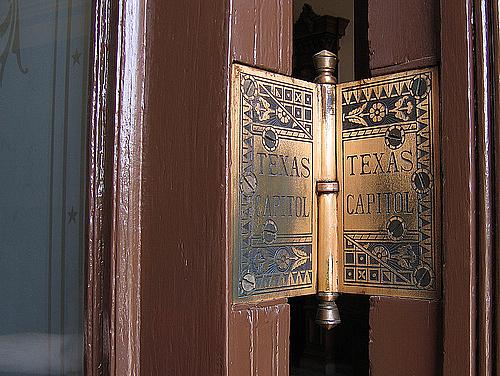Penny-Wise, Pound-Foolish: The Price of Underfunded Community Mental Health Care in Texas

In 2010, Texas’s national rank in per-capita mental health spending climbed from dead last to 49th. Sadly, that’s not because Texas elected to spend more on its uninsured, underinsured and/or incarcerated citizens. It’s because Idaho cut their mental health spending by almost eight dollars per capita.
Then in 2011, Texas lawmakers proposed budget cuts that would have plunged the state back into last place. But a coalition of law enforcement and mental health professionals fought back with such ferocity that budget hawks eventually left most of the state’s 49th-place-winning funding intact.
That fight occasioned a collaborative, data-rich review of effects of the state’s last major change to mental health policy, which took place in 2003. The short version is that Texas decided only to treat three mental health diagnoses: schizophrenia, bipolar disorder, and major depression. Everyone else—and everyone who suffered from these but was misdiagnosed or undiagnosed—became ineligible for community-based health services.
The result was predictable in substance but shocking in degree. Citizens in psychiatric crisis overwhelmed emergency rooms, county jails, and the state’s few mental hospitals. Police departments reported a multi-fold jump in calls about people with apparent mental illness and an enormous surge in citizens they were encountering four or more times because of psychiatric crises. Houston’s Harris County Jail became the largest mental health facility in the state, providing psychiatric treatment and/or medication to a quarter of its 11,000 prisoners, which remains true today for a very simple and agreed-upon reason: people can no longer get treated “outside.”
I'll use the 2013 National Health Journalism Fellowship to put hard numbers and real faces on the consequences of Texas's penny-wise, pound-foolish mental health policy. What makes this story different from others (after all, in Texas you can throw a rock and hit something desperately underfunded) is that the solution to Texas's mental health crisis and the infrastruture to implement it already exist. My ambition is to show taxpayers and lawmakers unequivocally that it's more expensive--and downright cruel--to keep underfunding community-based mental health care.
Image by athomson via Flickr

